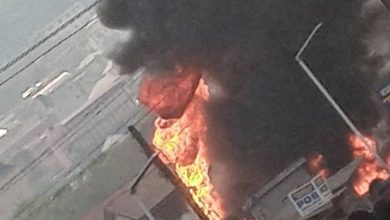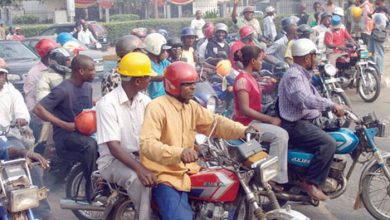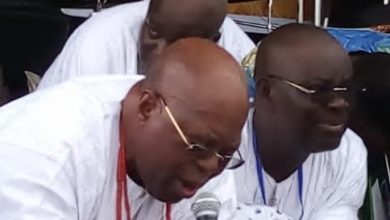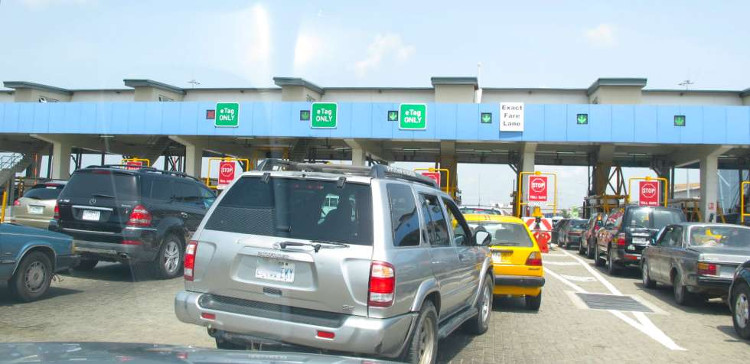
Nigerian government re-introduces tollgates
The Nigerian Government has approved the Federal Roads and Bridges Tolling Policy and Regulations aimed at reintroducing tollgates on Nigerian roads, adding that there was no law abolishing tolls.
Penpushing reports that, Minister of Works and Housing, Babatunde Fashola made this known to journalists after weekly meeting of the Federal Executive Council (FEC) held in Abuja, the Federal Capital Territory(FCE)
The Minister said, the policy and regulations were developed after extensive consultations with various stakeholders within and outside the government, adding that in 2019, announced that the government had concluded designs for the return of toll plazas on federal roads.
Penpushing further reports that, Fashola explained that a Willingness-To-Pay Survey was carried out to arrive at the recommended pricing framework and existing tolled roads were taken into consideration to arrive at the prices.
“ So let me be clear, tolls are not going to start tomorrow. So let us be clear about that. But the big step to actual tolling was taken today by presenting for approval the broad policy that will guide the tolling so that local people, states, local governments, all those who manage roads, investors who want to come in, will know what our tolling policy is. And that will form the basis of their financial modelling, their investment decision,” he said.
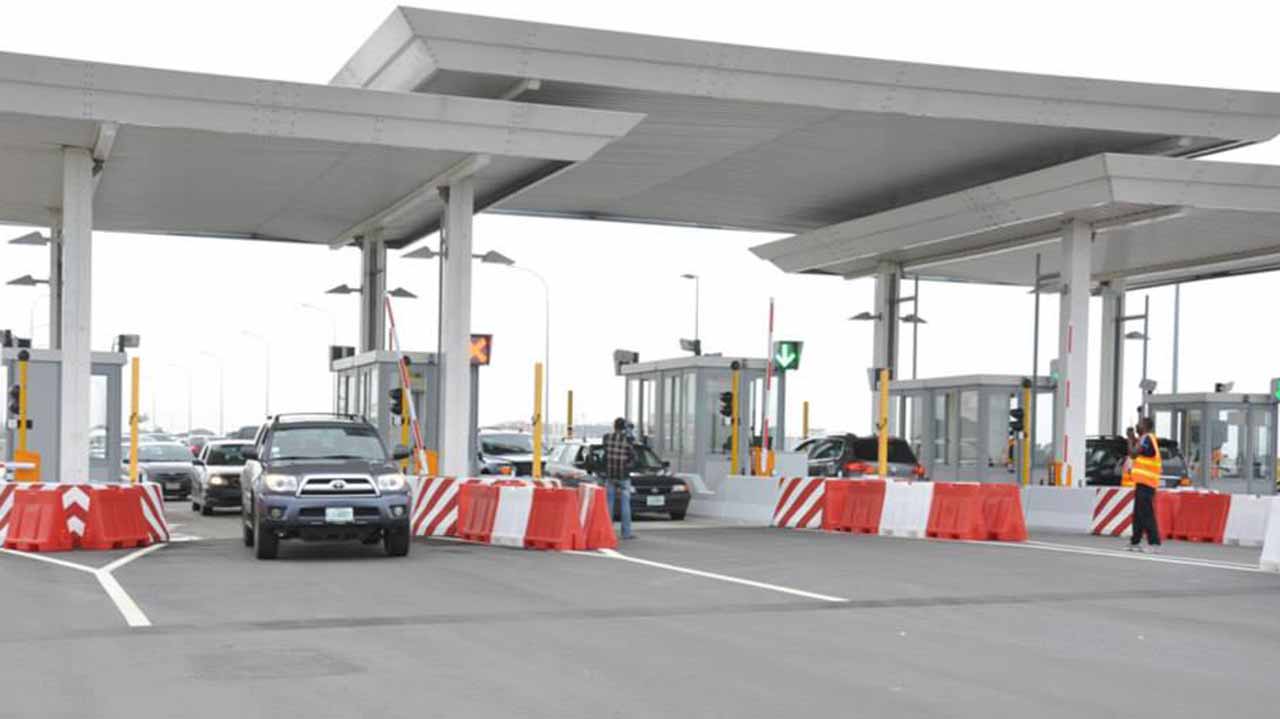
Penpushing also reports that, Fashola said the tolls will not start until the roads are motorable and this will affect only federal dual carriage roads,adding that the proceeds from the tolls would be used to maintain and construct roads, he said.
The Minister pointed out that most of the dual carriageways also have alternative roads, which are single carriageway explaining that, that was reason why the Nigerian government left them out of the policy.
“We presented and council approved that only dual carriageways of the 35,000 kilometers should be eligible for tolling by the federal government. We also got approval that the toll will be used to maintain roads, to construct new roads as they accrue and also to pay the investors who invest in building or completing a road and then take a concession on it. Those are the uses.”
The Minister on the billing said some vehicles have been exempted, andhe. also announced the fares according to vehicle types,adding that bicycles,pedal cycles,tricycles,motorcycles and other two or three wheeled transport are exempted, .
“Bicycles, pedal cycles, tricycles, motorcycles, and others have two or three wheeled transport use mainly by disadvantaged members of our community, they will be entitled to a fully 100% exemption, as will be diplomatic vehicles and military and paramilitary vehicles.
“So we’ve classified vehicles into five categories – the cars, the SUVs and the jeeps as a second category. Private bus and commercial bus as third and fourth categories. And then luxury buses and trucks as a fifth category.
“So the start off tolls that we have for financial modelling and investment decision making, cars will pay N200, SUVs and Jeeps will pay N300, private buses will pay N300, commercial buses will pay N150, luxury buses and trucks will pay N500,” he said.
“Now I think it is important to share with you how we arrived at these prices. Some of these prices were recommended by the operators themselves that I said we met.
“Some of them were also obtained from a survey we did across the six geopolitical zones, talking to households and talking to people in the garages, motor parks and all of that, which was quite extensive. We covered about 17 or so states or 22 states out of the national framework just to get a sampling of what people felt.”
FOOTNOTE: You want to share story with us? You want to advertise with us? You need publicity for product, or service, or event? Contact us on WhatsApp +2348073463653 or email penpushing@yahoo.com



